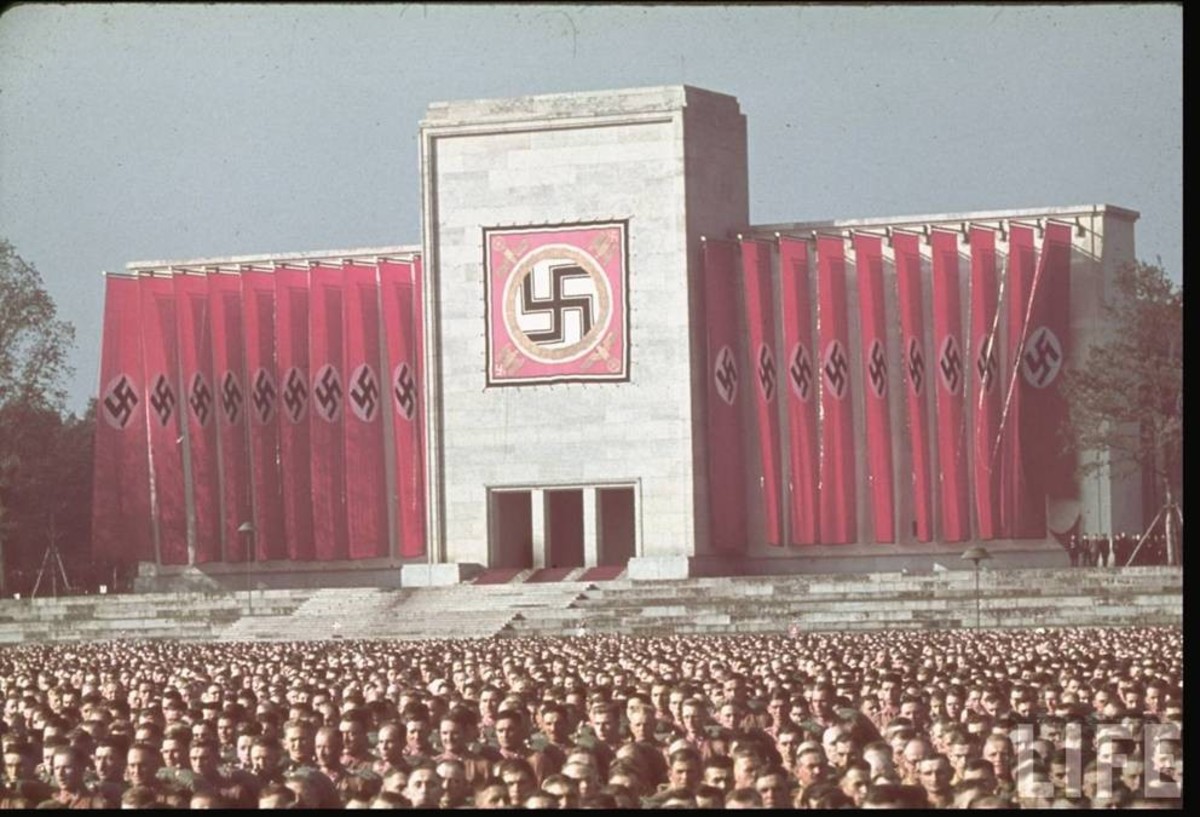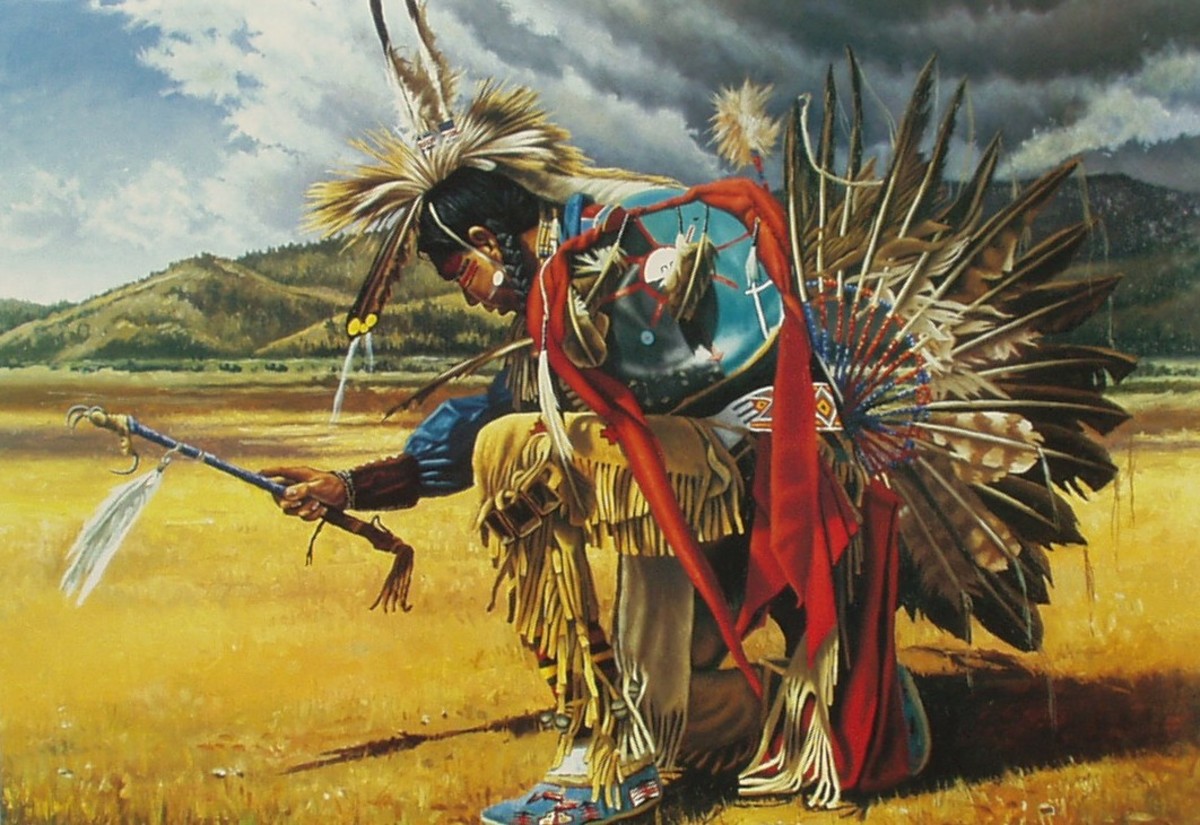Economic Collapse
Proverbs 23:4,5: Do not wear yourself out to get rich; have the wisdom to show restraint. Cast but a glance at riches, and they are gone, for they will surely sprout wings and fly off to the sky like an eagle.
The human race is an endangered species. Consumerism has cost us our humanity, our health and our happiness. If we continue in this way, it will cost us our lives because consumerism is based on greed and our greed will consume us.
Yet greed cannot be satisfied. The irresponsible activities of governments and banks with respect to giving credit produces economic expansions (with galloping inflation) and subsequent depressions (with deflation and huge unemployment). Both are bad for business and for people.
The signs that we are heading for another depression are all around us. But what will it be like? To get an idea, let us look at America during the last depression.
On the morning of 4 March 1933, the US banking system collapsed. Not quite three and a half years had passed since the stock market crash had plunged the US and the rest of the world into the worst economic breakdown in Western memory. Industrial output was less than half of the 1929 figure. The number of unemployed, although difficult to count accurately, was somewhere between 13 and 15 million (or a record high of 25% of the labour force) and the unemployed had 30 million mouths to feed besides their own. Hourly wages had dropped 60% and white-collar salaries 40% since 1929.
Misery found its way into every region, group and occupation. Black factory workers, always the last to to be hired in good times, were the first to be fired as production slowed to a painful crawl. Farmers struggling to keep their feet amongst plummeting crop prices, were swept away by a series of natural disasters - floods, droughts, plagues and dust storms. Distraught farmers blocked roads to dump milk cans in a desperate effort to force up the price of milk. Businessmen slipped from being home owners to room renters and even to wandering the street. Children learned to move their dolls about in a game called Eviction. Many were made homeless and had no option but to move around in search of work. Foreclosed farmers became mobile field hands in the West. Sharecroppers drifted north, plodding from city to city in search of a job and a breadline. One Arkansas family walked 900 miles to apply for work. Ragged bands of youths roamed the country aimlessly, sleeping rough. Men sold apples on street corners in an effort to make some kind of a living.
Naturally, all of these wanderers suffered from cold, hunger and disease. Not so naturally, many were denied relief because they had no legal residence. And as though that was not bad enough, millions of workless, hungry and beaten people even lacked the consitutional right to vote: in September 1932, the city officials of Lewiston in Maine voted to bar all welfare recipients from the polls; at least 10 states from Massachusetts to Oregon had poll tax and property requirements beyond the reach of Depression victims; and a million or more nomads, wandering about the country, lacked the residency requirements for voting.
Even those Americans who managed to live out the decade in comfort were often shaken by the misery they saw or read about. The Metropolitan Life Insurance Company reported that 20,000 people commited suicide in 1931, a figure that far exceeded the legendary suicides of the months following the Crash. Long lines of haggard men and women waited for meagre meals of dry bread or thin soup dispensed by private and municipal charities. Anywhere you looked there were starving children.
Everywhere there was hunger. "We saw a crowd of some 50 men fighting over a barrel of garbage which had been set outside the back door of a restaurant," said an observer in Chicago. "American citizens fighting for scraps of food like animals!" ("This Fabulous Century Vol 3: 1930-39")
Even so, scores of the surviving rich and far too many of those in public office seemed blind to the suffering of the Depression. Hoover himself plugged away with firm-jawed righteousness that won him no thanks from the hopeless millions. "Economic depression cannot be cured by legislative action or executive pronouncement", he said. He pumped $2 billion into the banks and investment houses of Wall Street through the Reconstruction Finance Corporation but ignored the workers whose life savings had been wiped out in the failure of the local banks. He proposed money be used for the purpose of seed and animal feed in the drought-stricken farm areas. But the farmers' children went hungry as he refused the granting of money for food for humans because it was the "dole"!
Hoover's stand against the "dole" was shared by thousands. Otherwise, he was scorned and derided by most Americans and his administration was blamed for the Depression. His name became a bye-word for all of its aspects, particularly Hoovervilles - makeshift villages of sheds made up of packing boxes and scrap metal by the homeless while they foraged about the city for food. New York had at least two Hoovervilles, one below Riverside Drive and the other in Central Park. The biggest Hooverville of all sprang up on the President's doorstep in Washington and from it came one of the saddest incidents of Hoover's administration. Veterans of World War 1 had for some time been pleading for advance payment of a war bonus they were due to receive in 1945. In the spring of 1932, a one-off veterans' lobby of Congress was organized and all through the month of June, war veterans and their families streamed into Washington until they numbered 20,000.
The Bonus Expeditionary Force, as the veterans called themselves, found a hostile city. The only official who made them welcome was Brigadier General Pelham D. Glassford, chief of the Washington police. He provided them with makeshift housing in empty government buildings and when those ran out, he allowed them to camp in a swampy area on the other side of the Potomac River. He persuaded the army to lend them tents and beds and rigged up an army field kitchen to provide them with food. He ordered his own men to treat them humanely and he himself rode from site to site on a motorcycle, giving smiles and encouragement, calling the hopeful veterans, "my boys".
Predictably, the Senate voted against the bonus and all but some 8,600 veterans (with no homes to go to) left Washington. They stayed on in their Washington Hooverville which upset the President. Chains went up on the White House gates, guards patrolled the grounds night and day and the streets were closed to traffic. On the morning of July 28, Glassford got word from the "highest authority" that the bonus marchers must quit the government buildings.
Glassford's friendly treatment of the veterans now stood him in good stead when he paid them a final visit to persuade them to move out of their own accord, a request which they set out to obey in return for his favours to them.
The evacuation proceeded all through the day, but the "highest authority" was not satisfied. Late in the afternoon General Douglas MacArthur, Chief of Staff of the United States Army, with Major Dwight D Eisenhower at his side marched up Pennsylvania Avenue. They headed a small army of cavalry and infantry who used machine guns, tanks, tear gas and sabres to scatter the few veterans who remained. Not content with chasing them from the empty government buildings, the troops pursued women, children and even a few legless veterans across the river to the swamp, where they burned the shacks that had been their home for more than a month. In the last burst of tear gas at midnight, an 11-month-old baby reportedly died.
It was a similar story in Britain, Germany and elsewhere in the world. All of this suffering was based on just 25% unemployment!








